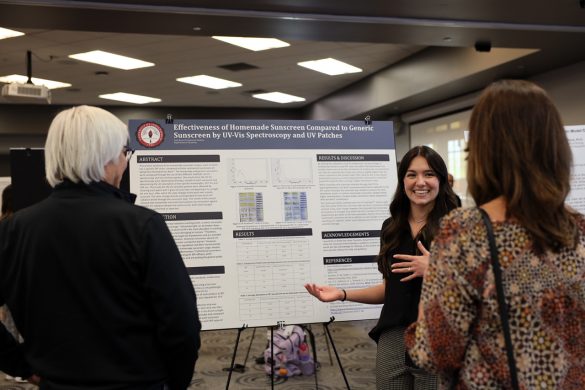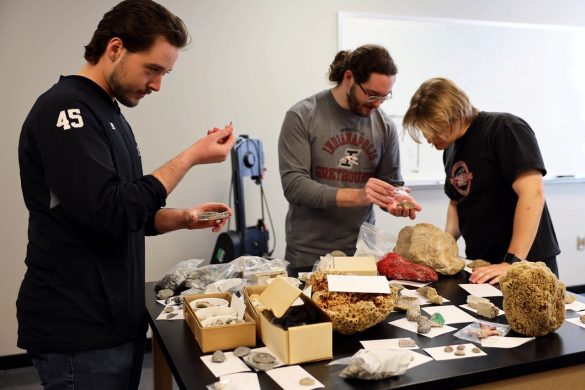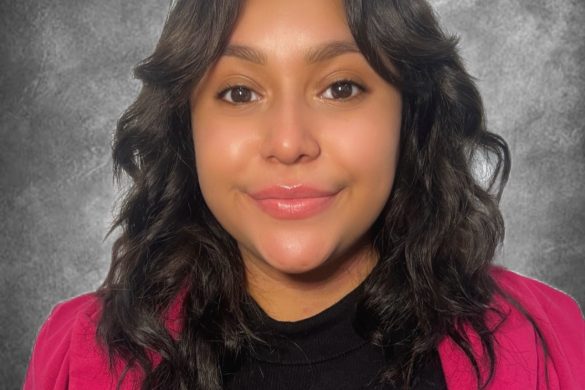Community outreach and engagement are focal points for the University of Indianapolis, according to Director of Service Learning and Community Engagement Marianna Foulkrod. Because of this, UIndy partnered
with the Burmese-American Community Institute shortly after its inception in 2011 and has worked with the organization ever since.
BACI is a nonprofit organization that assists Burmese refugees in several different ways. According to BACI Executive Director Elaisa Vahnie, the organization’s mission is to encourage self-sufficiency and integration within the growing Burmese communities throughout central Indiana.
Vahnie also said that BACI’s goals focus heavily on education and employment, along with teaching the skills needed to start a business and be self-employed. Both of these priorities serve to foster independence within the community.
BACI has worked to assist the local Burmese population through initiatives such as the Upward College Program.
The Upward College Program allows high school students to learn how to conduct college-level research and assist them with the admission and scholarship application processes.
According to thebaci.org, the rate of college enrollment among Burmese high school students has risen from 43 percent in 2012 to 85 percent in 2017.
“We want to be able to maintain that [the current rate of Burmese students enrolling in college],” Vahnie said. “Because if they are not going to college, they are more likely to be employed in low-paying jobs. This also means they are likely to still be dependent on public assistance, which we do not like to see in the long run.”
According to Director of BACI Lian Sang, the organization has a strong philosophy of wanting to educate, whether elementary, high school,
college age students or adults.
BACI’s attention to education within the Burmese communities has a dual effect, according to Vahnie and Sang.
Not only will increased education allow those within the Burmese communities to thrive and find higher-paying jobs, but it will give them a platform to
give back to their own communities and those surrounding them, providing self-sufficiency, integration and community growth.
According to Foulkrod, UIndy students are very involved in the partnership that the university has with BACI.
Students have worked with BACI to help women in the Burmese communities start their own child care businesses, assisted with the Upward College Program, provided help with immersion and assimilation, and collected textbooks to send to recovering universities in Myanmar, among other things.
Foulkrod said that one of the most challenging aspects of the immersion and assimilation process is the many differences in the culture of the Burmese population compared to that of the United States, including language and cultural customs.
Along with the numerous programs and initiatives set in place by BACI, the organization works to increase awareness about the growing Burmese population in central Indiana, and more specifically Perry Township.
According to Foulkrod and Vahnie, the Burmese population in Perry alone has grown from approximately 5,000 to 14,000 Burmese refugees within the span of the last five years.
Sang and Vahnie said that the refugees moving into central Indiana and Perry township are not just coming directly from Myanmar, but from other parts of the United States as well.
Sang believes that the large growth of the Burmese population throughout recent years is a direct result of BACI’s work within the communities around Indianapolis.
UIndy and BACI will host a forum to discuss and raise awareness of the Burmese population early in the spring semester of 2018.








